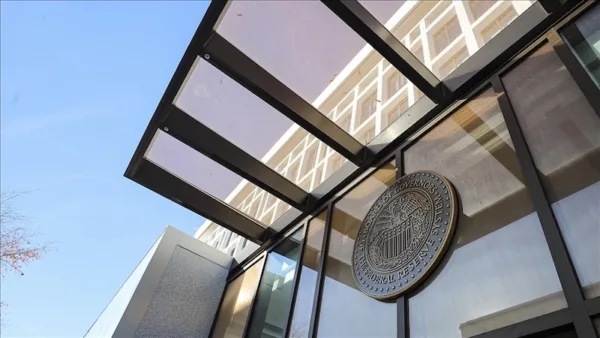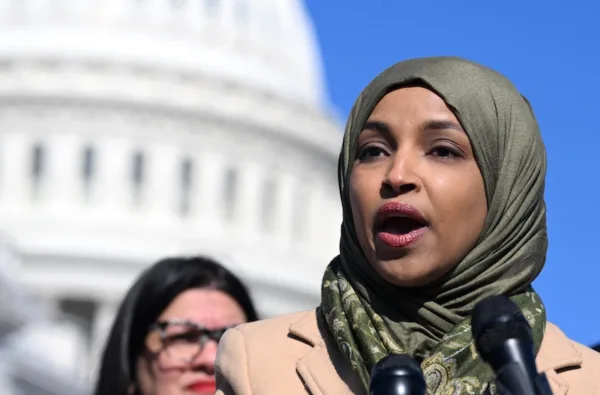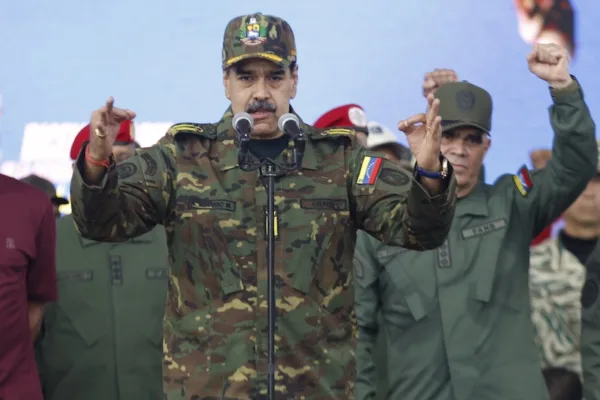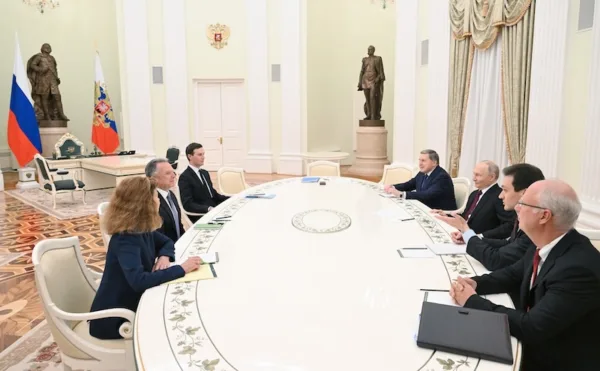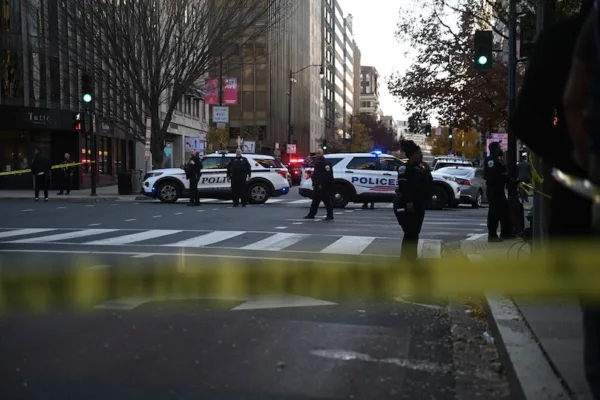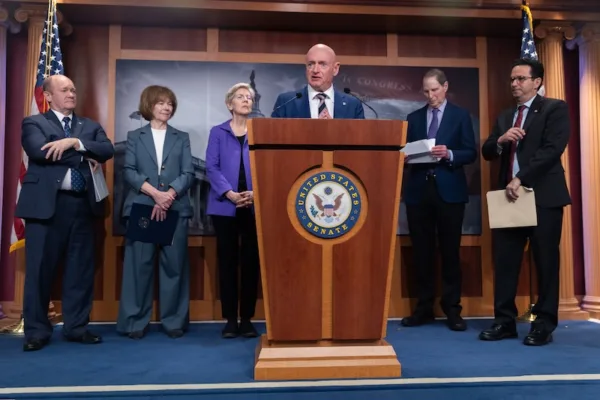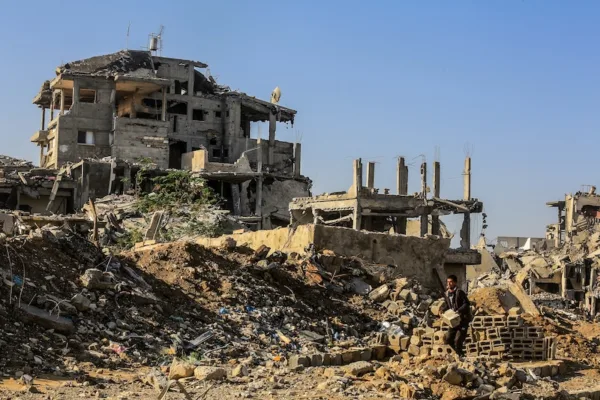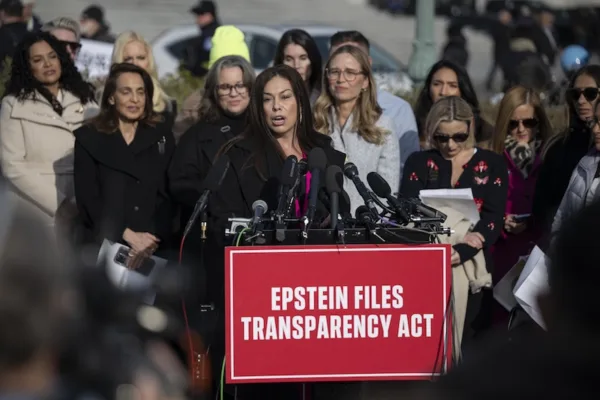What has been lost in Raqqa?
Everyone agrees that Daesh’s loss of control over its territory does not mean the end of this organization. I previously wrote in this column that the world should be ready for a new version of Daesh. The main reason was not the fact that U.S. President Donald Trump pointed to former President Barack Obama and former Secretary of State Hillary Clinton as the founders of Daesh, but that the U.S.’s strategy to fight Daesh has never been a comprehensive policy. On the contrary, it is based on narrow-minded, tactical steps that harm its allies. It is related to the fact that the U.S. uses the People’s Protection Units (YPG), an affiliate of the PKK, which is considered a terrorist organization, to mop up Daesh in Syria, destroying the meaning of both counterterrorism and the alliance.
The BBC’s recent news report, “Raqqa’s dirty secret,” has revealed the most concrete example of the fact that this policy, formulated by Obama and pursued by Trump, may have hazardous consequences. To put the news report in a nutshell, 250 Daesh terrorists along with their families safely left Raqqa with a joint operation by U.S.- and U.K.-led coalition forces and the Syrian Democratic Forces (SDF).
So, major Daesh members were discharged from the city and let go to new fronts by the U.S. based on a secret deal between the SDF and Daesh.
They dispersed into Syria, to the Turkish border, Afghanistan and Libya and even to Europe to harbor new proxies of various intelligence organizations.
What returnee Daesh members can do will now be determined by rival intelligence agencies that manage proxies.
It is also significant that the news was released by a British media outlet. This is because one of the topics that Daesh experts agree on the most is that the most influent intelligence in Daesh belongs to the U.K. While Russia and Turkey chastised the discharge, the U.S. called it a local agreement, announcing that it respects this dangerous secret deal to reduce the possible losses to be suffered by the YPG- dominated SDF. Col. Ryan Dillon, spokesman for the counter-Daesh coalition, accepted the agreement, saying that nearly 300 potential Daesh fighters, in addition to 3,500 family members, left the city. The Russian Defense Ministry announced that despite all warnings, the U.S. rejected to carry out an airstrike on Daesh militants who withdrew along the Syrian town of Abu Kamal. Turkey, on the other hand, called the U.S.’s respect for the agreement between the SDF and Daesh unfortunate.
The images on the BBC pushed the whole world to question the U.S. fight against Daesh destroyed the legitimacy of its acts in Syria.
However, the Raqqa operation has a different significance for Turkish public opinion in all aspects. It points to an important opportunity missed for the recovery of Turkish-U.S. relations. As can be remembered, Turkey criticized the U.S. strategy to fight Daesh for not being comprehensive and for being a half-baked action plan.
This became problematic and unacceptable for the lack of support for the moderate opposition and the use of the YPG as the U.S.’s de facto land forces under the mask of the SDF.
When Daesh first emerged, the U.S. chastised Turkey for condoning it. However, while Turkey was fighting on the ground in Azaz, Jarablus and al-Bab, the U.S. did not provide enough air support.
Daesh having been removed from Raqqa might have initiated new Turkish-U.S. cooperation in Syria.
President Recep Tayyip Erdoğan insisted on a joint operation on Raqqa during his meeting with Trump. However, Trump rejected this approach because of the new administration’s lack of policy and his concern for protecting bureaucrats’ investments in the field.
In fact, bilateral cooperation on a resolution to the Syria civil war could have balanced the much-criticized rapprochement between Turkey and Russia. A golden opportunity was missed because of bureaucrats’ lack of vision.
Then, the YPG forces that seized Raqqa unfurled posters of imprisoned PKK leader Abdullah Öcalan, and now have discharged Daesh militants. This is leading to unprecedented negativity in the Turkish public’s perception of the U.S. The Turkish public thinks that Ankara wanted cooperation, took concrete steps and prepared for anything, but that the U.S. did not want cooperation, even on Raqqa. After the Raqqa operation, the U.S. does not think of recalling the weapons it provided to the YPG. Moreover, it enabled the YPG to seize oil fields in Deir ez-Zor following Raqqa, which means it has brought the YPG to a phase of forming a state. This means the YPG is transforming from a militia to state formation.
Therefore, the U.S. is structurally pushing Ankara to rapprochement with Moscow through its consolidation of the YPG, its insistence on not extraditing Gülenist Terror Group (FETÖ) leader Fetullah Gülen and the trial of Reza Zarrab. If there was one critical problem in relations, it would be easier to handle. However, the triple problem of the YPG, FETÖ and Halkbank creates a structural blockage. Coupled with economic attacks and the election period, this tension might make it impossible to manage relations.
Small mutual steps should be taken to start a positive course. We will soon see which Turkey policy of the U.S. will gain importance before the 2019 elections. The course of the Halkbank case, which is being conducted with FETÖ’s Dec. 17 and Dec. 25 files, will be the first sign of the state of relations.
This article was first published by Daily Sabah on November 18, 2017.








